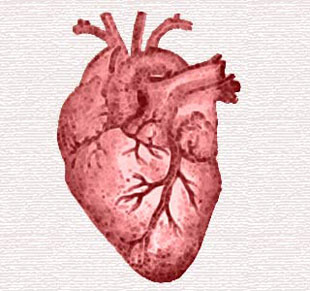
TZDs are believed to have been an area of concern for a period of about 2 years now. Evidently this controversy had taken place following the evaluation of a TZD drug, Avandia (rosiglitazone) produced by GlaxoSmithKline. It was presumably revealed that the consumption of this particular drug seemed to increase the patients’ chances of experiencing a heart attack.
More over, it was hypothesized that TZDs may lead to a condition where the heart may not be able to pump enough blood throughout the body. A crucial factor behind the claim that TZDs may be harmful to the heart was stated to be that they seemed to trigger an array of molecules called the Peroxisome Proliferator-Activated Receptors (PPAR). These molecules were believed to a collection of proteins which may aid in monitoring the expression of the genes.
An endocrinologist at the Washington University School of Medicine in St Louis, Missouri, Clay Semenkovich, says that, “We already knew if you had heart failure you probably should not be taking these drugs, but this paper provides an additional explanation why.”
The main aim of the study experts was to uncover the effect that takes place when the heart muscles enlarge. Seemingly the experts didn’t appear to have paid much attention to the diabetes medications.
Wilhelm Krek, a cancer biologist at the Swiss Federal Institute of Technology in Zurich, explains by stating that, “If a cancer grows, it outstrips its nutrient and oxygen supply.”
It is presumed that this type of procedure may also be taking place within the body in case of an expansion of the heart during a heart attack or during a chronic high blood pressure. Apparently due to its elevated size the heart may be able to pump more blood; however this may also make it fragile. The expanded heart may have to make an extra effort to acquire oxygen due to which it may start burning glucose in place of fat. This may in turn lead to fat buildup, due to which the heart muscles may get weak and gradually wither away.
The experts noted that in such a situation, PPAR may be of assistance to the heart. However, excess amounts of these molecules were believed to further increase the risk of facing a heart attack.
This factor was stated to have been tested on the heart cells of mice. It was observed that the eradication of the PPAR molecule may possibly succeed in curbing the buildup of fat in the heart cells, which seemed to also prevent its collapse.
These findings have been presented in the Cell Metabolism journal.
